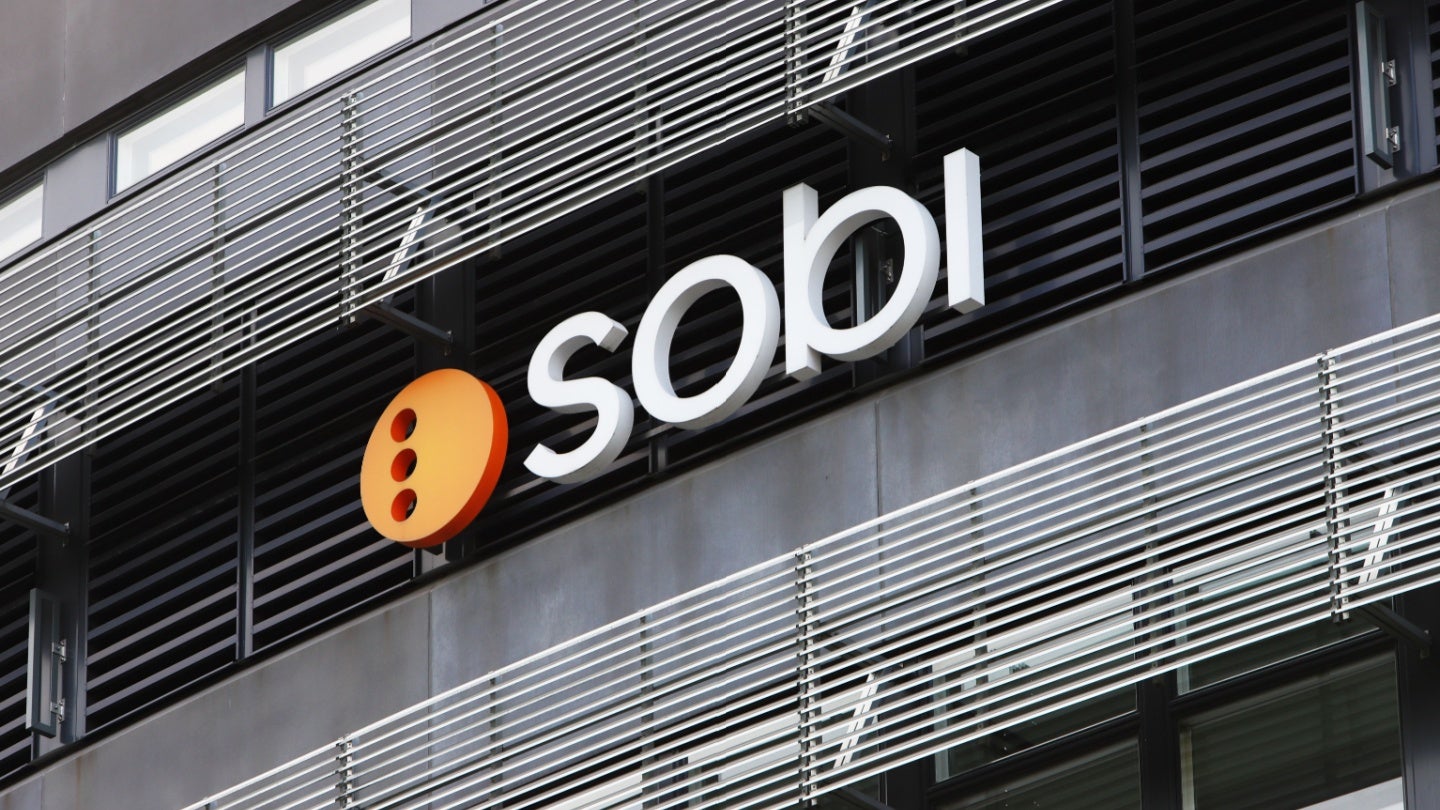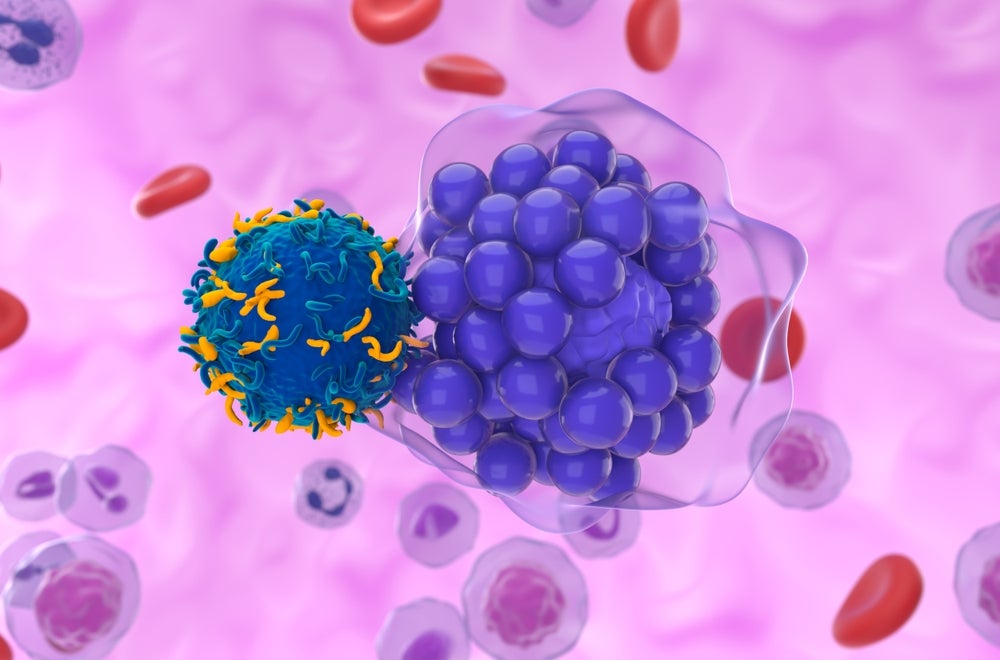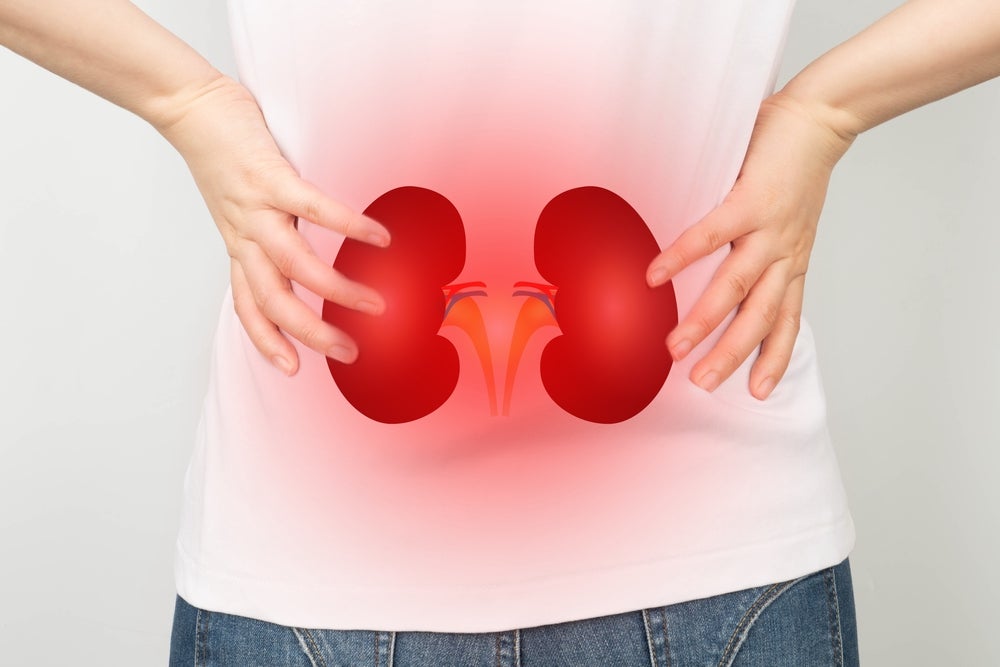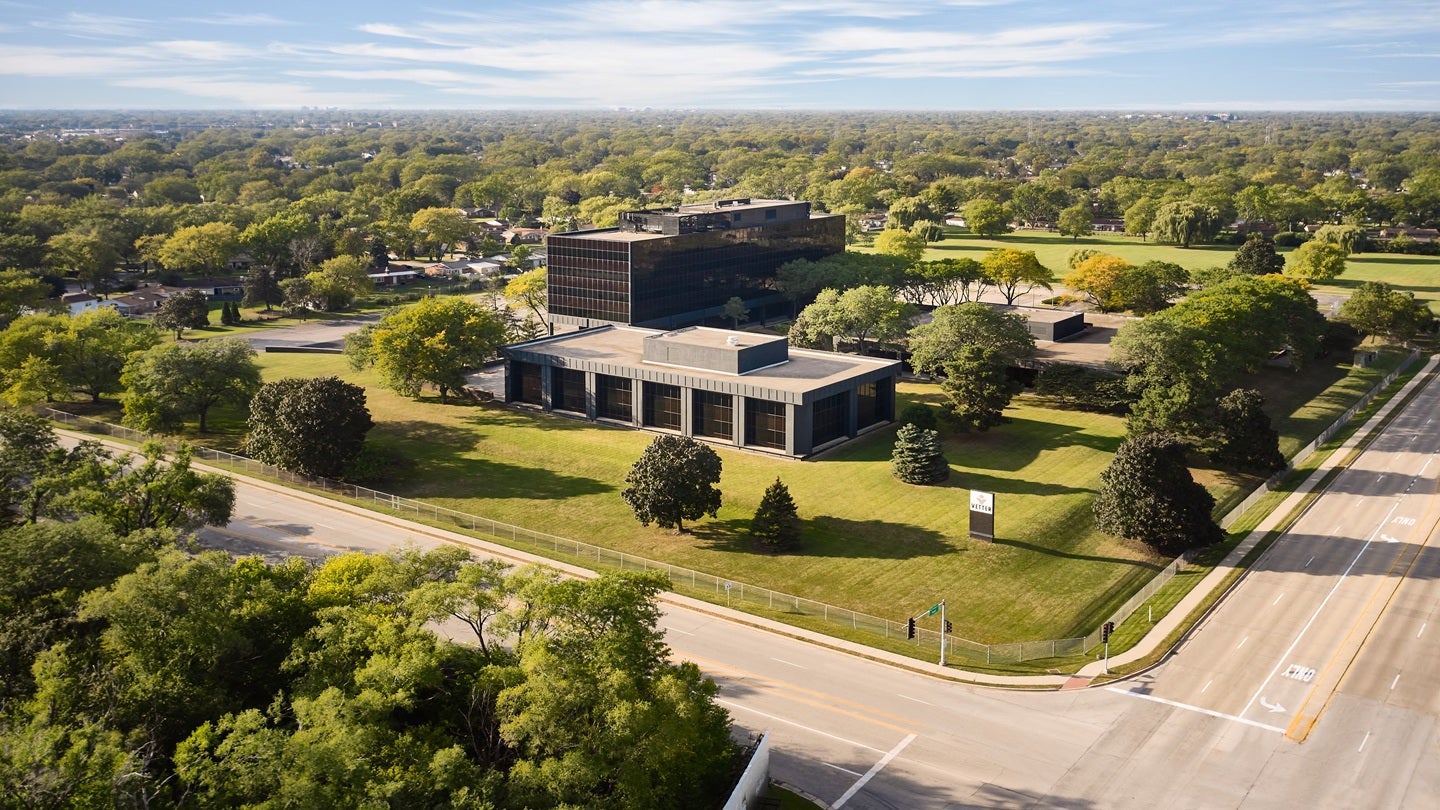Phase 3 Trial Shows Survival Benefit of Amgen’s Bemarituzumab in Advanced Gastric Cancer
Amgen reported that its investigational monoclonal antibody, bemarituzumab, combined with chemotherapy, led to a significant improvement in overall survival for patients with advanced gastric cancer when compared to chemotherapy alone. The findings are based on interim results from a late-stage clinical study. The phase 3 trial, Fortitude-101, enrolled 547 patients across 37 countries. Participants had […]

Amgen reported that its investigational monoclonal antibody, bemarituzumab, combined with chemotherapy, led to a significant improvement in overall survival for patients with advanced gastric cancer when compared to chemotherapy alone. The findings are based on interim results from a late-stage clinical study.
The phase 3 trial, Fortitude-101, enrolled 547 patients across 37 countries. Participants had unresectable locally advanced or metastatic gastric or gastroesophageal junction (G/GEJ) cancer, were non-HER2 positive, and exhibited overexpression of fibroblast growth factor receptor 2b (FGFR2b). Bemarituzumab is a first-line treatment candidate designed to target tumors that overexpress FGFR2b, a feature present in about 38% of individuals with advanced G/GEJ cancer.
The trial met its sole primary endpoint, with the combination therapy showing a statistically significant overall survival benefit over chemotherapy alone, according to a company release. However, specific efficacy data were not disclosed, and Amgen stated that full results would be shared at an upcoming medical meeting.
Based on these interim findings, Zai Lab, which holds co-development and commercialization rights to bemarituzumab in mainland China, Hong Kong, Macau, and Taiwan, will prepare a regulatory submission for the therapy in China, according to a release dated June 30.
In an earlier phase 2 study conducted in patients with FGFR2b-overexpressing tumors, the combination of bemarituzumab and chemotherapy was associated with a median overall survival of 24.7 months, compared to 11.1 months in patients who received only chemotherapy.
Regarding safety in the phase 3 trial, the most common treatment-emergent adverse events observed in patients receiving the investigational combination included decreased visual acuity, corneal inflammation, anemia, neutropenia, nausea, corneal epithelial defect, and dry eye. According to Amgen, ocular events occurred in both study arms and were consistent with findings from the phase 2 trial, though they appeared with increased frequency and severity in the group receiving bemarituzumab. No additional safety information was provided.
A note released on June 30 by analysts at William Blair indicated that ocular adverse events and discontinuation rates would be “important data points to evaluate the potential market opportunity.”
Jay Bradner, M.D., Amgen’s head of R&D, said: “Most patients with gastric cancer are diagnosed at an advanced stage, with poor prognosis, low survival rates and limited therapeutic options.” He described the findings as “a meaningful advance in the development of effective targeted therapy for gastric cancer.”
The U.S. FDA previously granted bemarituzumab breakthrough therapy designation for gastric cancer patients whose tumors overexpress FGFR2b in at least 10% of cells.
Amgen acquired bemarituzumab in 2021 through its $1.9 billion purchase of Five Prime Therapeutics. Zai Lab had previously secured exclusive rights to the drug in mainland China, Hong Kong, Macau, and Taiwan, which it continues to retain.
Amgen and Zai Lab are also conducting a separate phase 3 trial of bemarituzumab combined with chemotherapy and nivolumab (Opdivo) for first-line gastric cancer. Results from that trial are expected in the second half of this year.
What's Your Reaction?
































